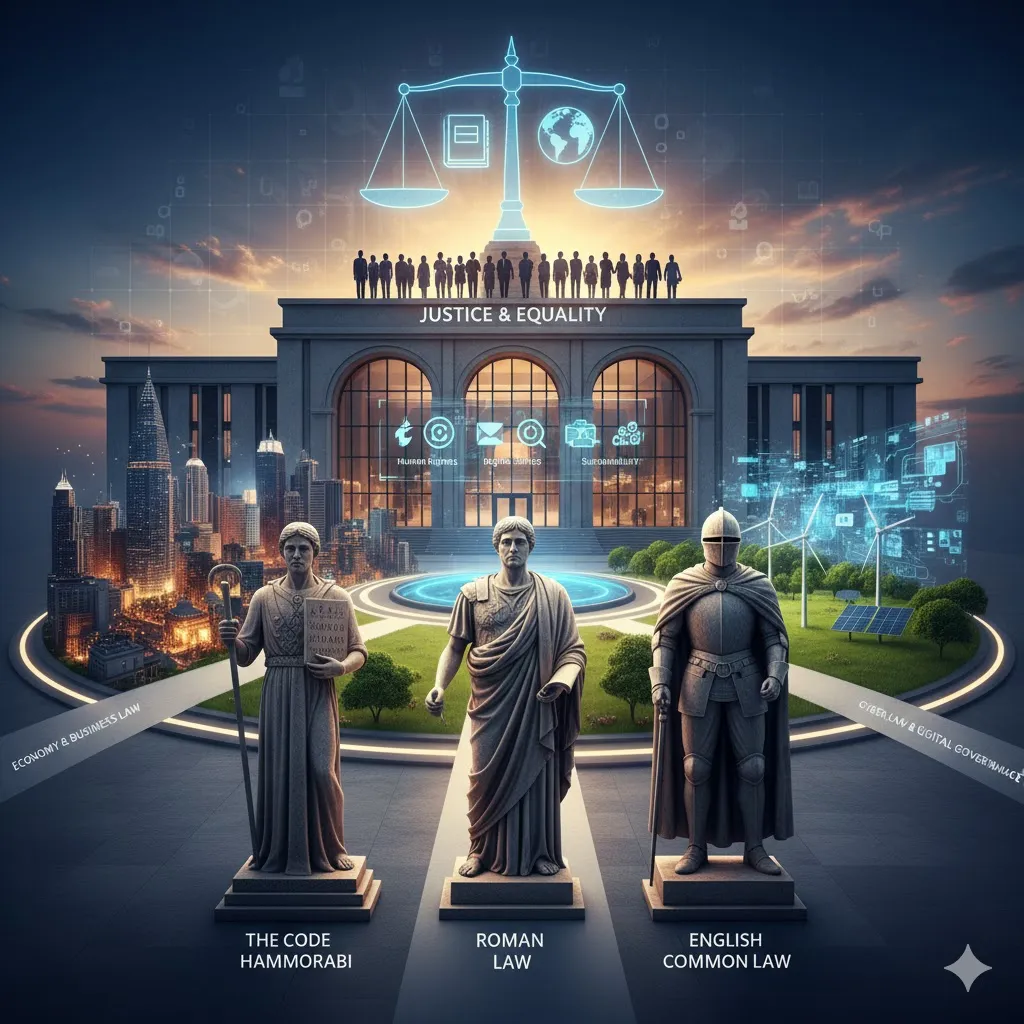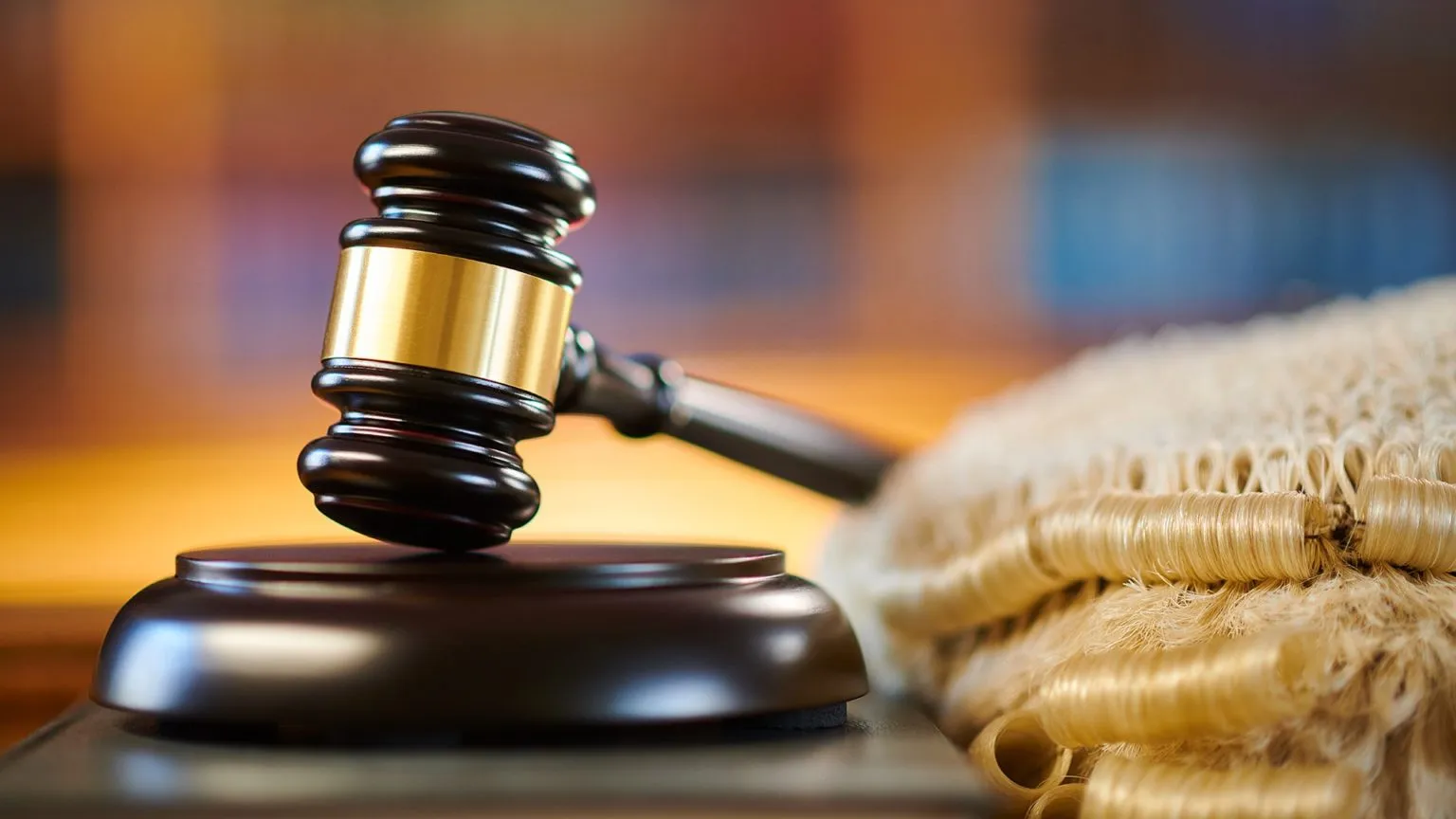The Role of Law in Modern Society: Building Justice, Equality, and Order
Introduction
Every functioning society depends on one invisible but powerful structure — the law. It defines our rights, limits our actions, and ensures that everyone is treated fairly. Without law, chaos would replace order, and society would lose its moral and organizational foundation.
In modern times, the role of law extends beyond punishment and regulation. It now encompasses equality, sustainability, digital governance, and even global cooperation. In this article, we will explore the evolution, importance, and impact of law on individuals, communities, and nations around the world.
1. Understanding the Concept of Law
Before exploring its role, it’s essential to understand what law truly is.
1.1 Definition and Purpose
Law is a set of rules created and enforced by governments or social institutions to regulate behavior. It provides a framework that promotes justice, protects freedom, and maintains peace.
1.2 Characteristics of Law
- Universality: Applies to all members of society.
- Authority: Enforced by legitimate power (courts, police).
- Predictability: Allows citizens to understand consequences for actions.
- Justice: Seeks to balance rights and duties.
2. The Historical Evolution of Law
The history of law mirrors the progress of civilization itself.
2.1 Ancient Civilizations
- The Code of Hammurabi (Babylon, 1754 BCE) established one of the earliest known sets of written laws.
- Roman Law introduced principles such as equality before the law and contracts.
- English Common Law later shaped the judicial systems of many Western countries.
2.2 Modern Legal Systems
Today’s legal systems have evolved into sophisticated frameworks covering everything from human rights to digital ethics. They continue to adapt to societal and technological changes.
3. The Structure of the Legal System
Every nation’s legal system consists of key components working together to ensure justice.
3.1 The Legislative Branch
Creates new laws through parliaments or congresses, reflecting the will of the people.
3.2 The Executive Branch
Implements and enforces law, ensuring public safety, taxation, and administration run smoothly.
3.3 The Judiciary
Interprets law and resolves disputes through courts. Judges ensure fairness, apply precedents, and uphold constitutional rights.
3.4 Supporting Legal Professions
Lawyers, prosecutors, and public defenders form the backbone of any justice system, ensuring that everyone has access to fair representation.
4. The Major Branches of Law
Law is divided into various branches, each focusing on different areas of life.
4.1 Public Law
Regulates the relationship between individuals and the state.
Examples include constitutional law, criminal law, and administrative law.
4.2 Private Law
Governs relationships between private individuals or organizations — such as contract law, tort law, and property law.
4.3 International Law
Addresses relationships between nations, covering human rights, trade, and global peacekeeping.
5. The Importance of Law in Modern Society
Law plays a vital role in maintaining stability and promoting human dignity.
5.1 Maintaining Order and Security
Without law, societies would face disorder, violence, and mistrust. Laws against theft, assault, or fraud protect citizens and maintain peace.
5.2 Protecting Rights and Freedoms
The rule of law ensures that everyone — from ordinary citizens to political leaders — is subject to the same legal standards. It defends freedom of speech, religion, and personal safety.
5.3 Promoting Equality and Justice
Modern law aims to eliminate discrimination and inequality by protecting marginalized groups and ensuring fair treatment for all.
6. Law and the Economy
The connection between law and the economy is crucial for national and global development.
6.1 Business and Corporate Law
Business law ensures that commerce operates fairly and transparently. It governs contracts, labor rights, and corporate responsibilities.
6.2 Consumer and Labor Protection
Through consumer protection laws, people are safeguarded against fraud, unsafe products, and exploitation. Similarly, labor laws ensure fair wages and safe workplaces.
6.3 International Trade Law
In a globalized economy, international trade law fosters cooperation between nations, ensuring compliance and fair competition.
7. The Role of Law in Technology and Privacy
As technology advances, law must evolve to protect digital rights.
7.1 Cyber Law and Data Protection
Cyber law addresses online crimes such as hacking, fraud, and identity theft. Data protection laws ensure personal information remains private.
7.2 Artificial Intelligence Regulation
Governments are now developing AI laws to manage ethics, accountability, and data bias in automated systems.
7.3 Intellectual Property Rights
IP law protects creative works—music, inventions, software—ensuring that innovation continues to thrive.
8. Law, Human Rights, and Social Justice
The ultimate goal of law is to protect human dignity and equality.
8.1 Human Rights Framework
Documents such as the Universal Declaration of Human Rights form the moral backbone of global law, setting standards for fairness and liberty.
8.2 Social Justice and Equality
Civil rights laws address issues like gender equality, racial justice, and disability inclusion. They ensure no one is left behind.
8.3 Law and Democracy
A strong legal system supports democracy by protecting citizens from abuse of power and corruption.
9. Challenges Facing Modern Legal Systems
Despite its strengths, law faces major challenges in a fast-changing world.
9.1 Access to Justice
Millions of people cannot afford legal services. Expanding legal aid is essential for equality.
9.2 Corruption and Misuse of Power
When law is manipulated by the powerful, public trust collapses. Transparency and judicial independence are key to rebuilding confidence.
9.3 Global Issues
Climate change, migration, and cyber warfare require new international legal frameworks that promote cooperation and accountability.
10. The Future of Law
The future of law will be defined by innovation, ethics, and inclusivity.
10.1 Digital Transformation
Courts and legal offices are adopting digital tools, making access to justice faster and more efficient.
10.2 Sustainability and Environmental Law
Environmental law will become increasingly important as nations confront climate change and biodiversity loss.
10.3 Global Legal Cooperation
A truly fair world requires international law to evolve toward shared human values, ensuring peace, equality, and justice for all.
Conclusion
The law is not just a collection of rules — it is the heartbeat of modern civilization. It defines justice, protects liberty, and creates the foundation for a fair and peaceful world. As societies evolve and new challenges emerge, law must adapt, innovate, and remain grounded in ethical principles.
Whether protecting human rights, guiding economies, or regulating technology, the rule of law remains humanity’s most powerful tool for shaping a just and sustainable future.











